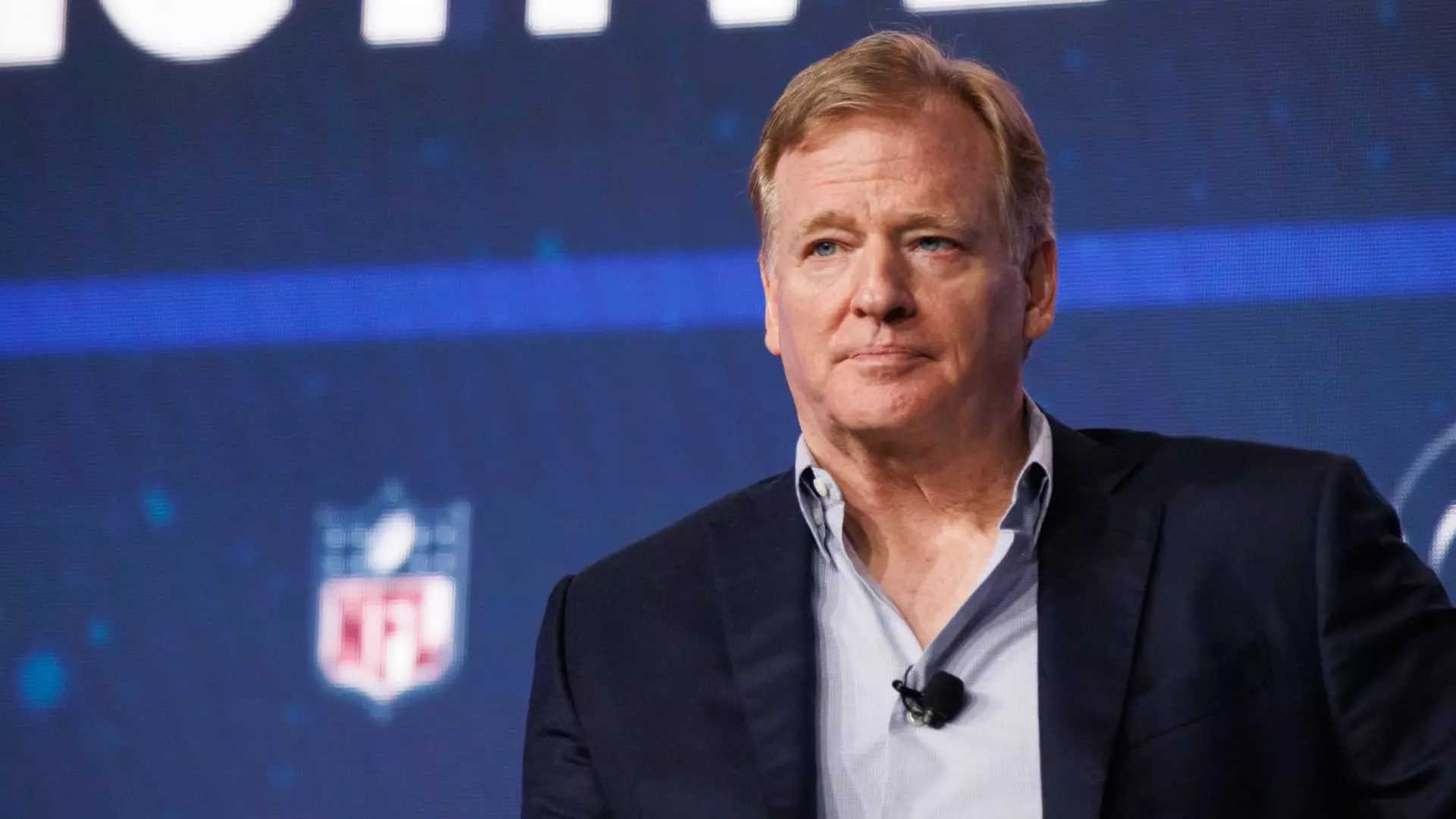The National Football League is exploring the possibility of including minority private equity ownership for its 32 teams, with a proposed cap of 10% ownership. This potential change could have widespread implications for team ownership and the financial landscape of the league. Commissioner Roger Goodell recently discussed this consideration in an exclusive interview with CNBC, highlighting the evolving nature of sports and the need for policies that reflect these changes.
Commissioner Goodell mentioned that the NFL aims to finalize its new ownership policies by the end of the year, with the initial 10% cap serving as a starting point. However, the league remains open to potentially increasing this cap in the future. While other major sports leagues in the United States allow private equity ownership of up to 30%, the NFL has historically been hesitant to involve institutional funds in team ownership. This preference has leaned towards individuals or families as limited partners.
The rising valuations of NFL franchises, fueled by lucrative media deals signed by the league, have made team ownership increasingly out of reach for many potential buyers. This was showcased in 2023 when a group led by Josh Harris of Apollo Global Management acquired the Washington Commanders for a record $6.05 billion. The significant financial commitment required for ownership has highlighted the challenges faced by those outside the ultra-wealthy bracket.
The success of the Washington Commanders acquisition and the unconventional approach taken by Josh Harris and his group have sparked discussions about potential shifts in ownership structures within the NFL. Private equity firms, known for their ability to raise substantial capital, are being considered as viable minority stakeholders in teams. While this approach may deviate from traditional ownership models, it could introduce new perspectives and resources to the league.
Allowing private equity investors into team ownership comes with certain challenges, such as limited decision-making power and influence on team operations. Individuals who are accustomed to being key decision-makers may find the passive nature of minority stakes in professional sports teams unappealing. This dynamic could impact the level of interest from potential investors and shape the future landscape of NFL ownership.
Private equity firms are well-versed in maximizing investment returns and managing assets effectively. Their expertise could bring valuable financial strategies and opportunities for growth to NFL teams, benefiting both the franchises and the league as a whole. However, the motivations and expectations associated with private equity investments may differ from those of traditional team owners, necessitating careful consideration and alignment of goals.
The NFL’s exploration of minority private equity ownership represents a significant shift in the league’s approach to team ownership. By embracing new perspectives and financial strategies, the NFL aims to adapt to the evolving landscape of professional sports and ensure the long-term sustainability of its franchises. While challenges and considerations remain, the potential benefits of this approach could pave the way for a more dynamic and financially robust future for the league.

